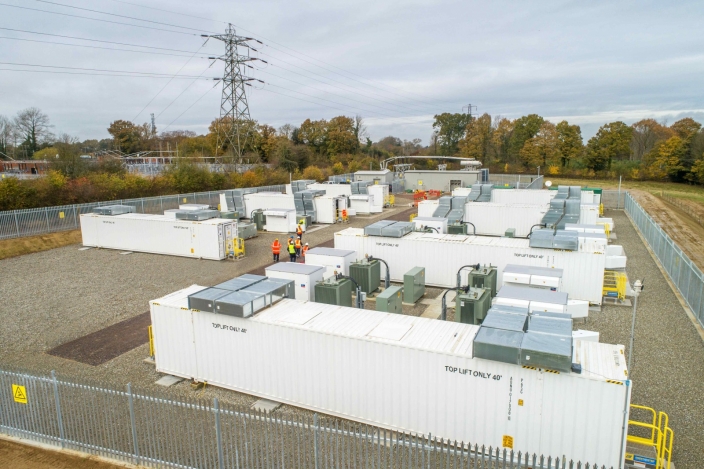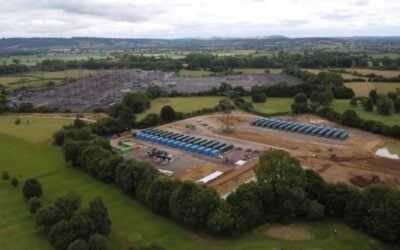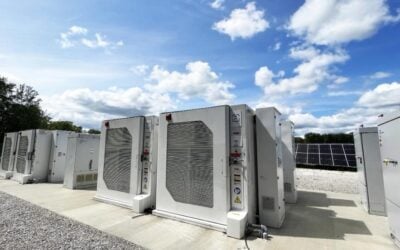The European energy storage market is nearing the global top spot for deployment, according to a new report from Wood Mackenzie Power & Renewable.
The research firm cites interest from major utilities and a patchwork of favourable policies.
Enjoy 12 months of exclusive analysis
- Regular insight and analysis of the industry’s biggest developments
- In-depth interviews with the industry’s leading figures
- Annual digital subscription to the PV Tech Power journal
- Discounts on Solar Media’s portfolio of events, in-person and virtual
“By investing in energy storage, these companies are able to diversify their portfolio and improve their customer offering by including a clever piece of technology alongside a necessary service,” said, Rory McCarthy, senior research analyst, Wood MacKenzie. “Although there are obvious gaps across Europe as policy makers struggle to keep pace with new technology, energy storage deployments continue to ramp up. Europe is now a very real contender for that global top spot in terms of total deployments,” he added.

The report, 'Europe Energy Storage Landscape 2018', looks at all scales of energy storage. Germany is a top performer across all three with the UK close behind in all but the residential sector.
“As it stands, the UK and Germany lead the way for utility-scale policy and storage development. Frequency markets are the only real game in town, however, they are limited in size,” said McCarthy. “As these markets become increasingly crowded, we have seen prices plummet to levels which will make for lower-than-anticipated project returns. For example, in the German frequency market, a June 2016 auction cleared at €23/MWh, while in July this number sat at just €8 – a 65% reduction.
“We are witnessing a glut of developers enter the market across all segments. There are solar developers diving into a new complementary technology area, which has been driven by a European solar subsidy cull and tough market conditions. Additionally, major utilities who see the strategic value of this most flexible asset have the balance sheets to enter into ultra-low bid auctions and accept the unattractive returns that will go alongside these in the near term,” added McCarthy.
The report found that the levelized cost of electricity for solar-plus-storage in Germany had fallen dramatically since 2013 but remained some way above of the €0.30/kWh that consumers pay.






